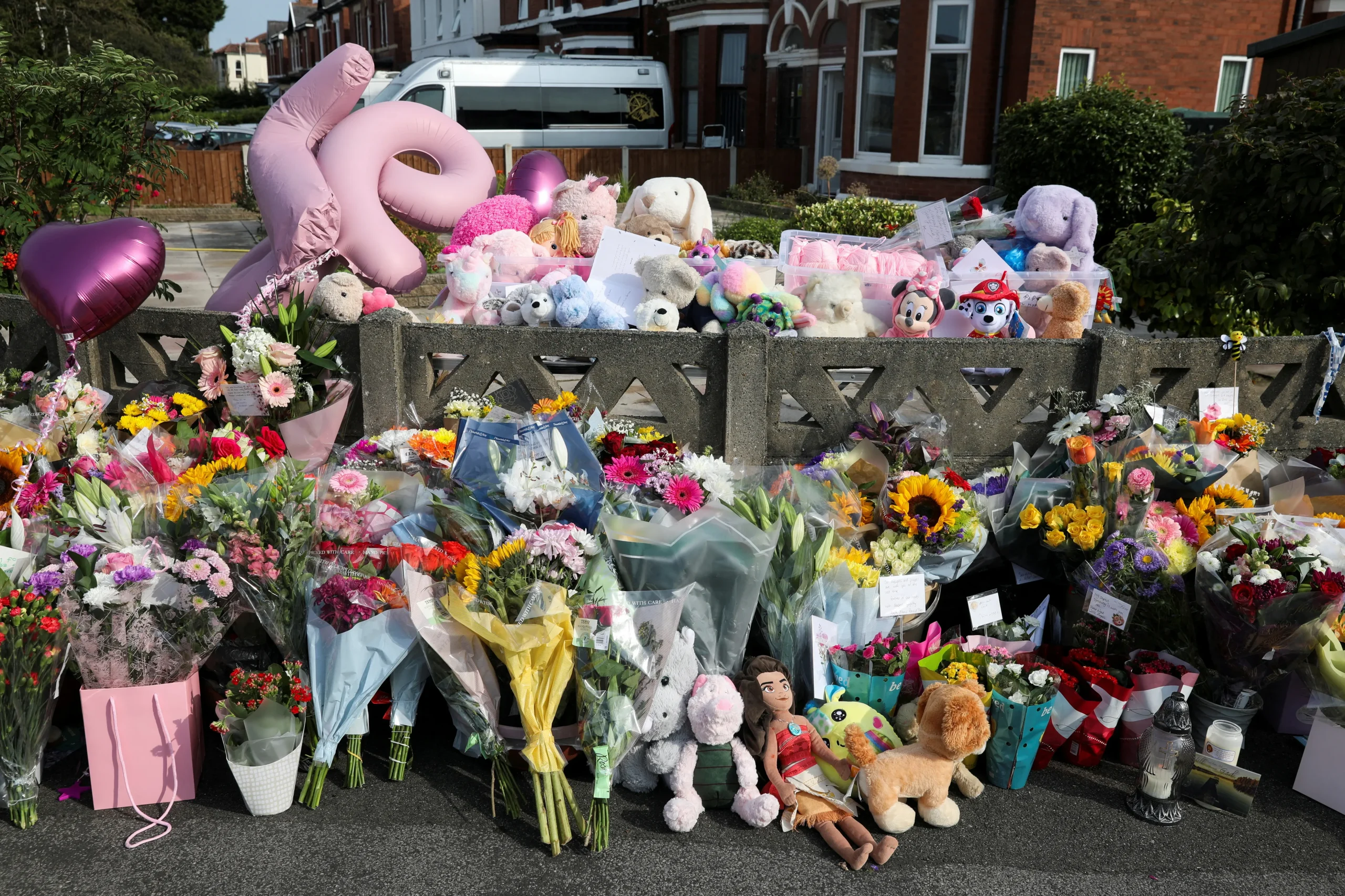Axel Muganwa Rudakubana, an 18-year-old in the UK, has been charged with possessing an al Qaeda training manual and the lethal poison ricin, in addition to earlier charges of murder, attempted murder, and knife possession. Rudakubana is accused of killing three young girls and injuring several others during a July 29 stabbing spree at a Taylor Swift-themed dance class in Southport, a town near Liverpool.
The recently discovered evidence—ricin and a jihad training manual titled *Military Studies in the Jihad Against the Tyrants*—was found at his home and has led to new charges under the UK’s Terrorism Act, though police have not officially declared the attack as terrorism-related.
Medical analysis later confirmed the substance found in Rudakubana’s home to be ricin. The UK Health Security Agency’s Dr. Renu Bindra stated that there was no evidence that anyone, including victims or first responders, had been exposed to the poison during or after the incident.
This assurance helped address public fears about potential contamination from the toxin, known for its high lethality in small doses. Authorities continue to investigate how Rudakubana obtained and stored the ricin, adding to the complexity of the case.
Rudakubana’s alleged attack killed three girls—Alice Dasilva Aguiar, Elsie Dot Stancombe, and Bebe King—aged between six and nine, and injured numerous others. While the attack took place in a setting meant for children, authorities are yet to confirm any clear motive behind the assault.

UK Teen Charged with Murder and Terrorism-Related Offenses After Stabbing Spree and Ricin Discovery
Chief Constable Serena Kennedy emphasized that while the new terrorism charges may lead to speculation, the Terrorism Act charges do not require the establishment of a motive. The lack of an identified motive has left officials hesitant to categorize the attack as terrorism despite the disturbing materials found in his possession.
The UK’s Terrorism Act of 2000 lays out specific criteria for classifying an incident as terrorism, which include the intent to influence government policy, instill fear among the public, or advance ideological, political, religious, or racial goals. Since no concrete motive or ideological connection has been confirmed, the Merseyside Police have refrained from labeling the event as terrorism.
Nevertheless, the presence of al Qaeda materials and ricin raises suspicions and complicates public perceptions of the incident, fueling debates about terrorism classifications in similar cases.
The brutal attack and Rudakubana’s subsequent charges have ignited protests and riots across the UK, worsened by rumors that he was an asylum seeker. These claims were later debunked; Rudakubana was born in England to Rwandan parents.
Public interest in the case intensified when a judge removed reporting restrictions on his name due to the gravity of the charges. The case continues to spark outrage and debate, both about public safety and the distinctions between violent crime and terrorism under UK law.
